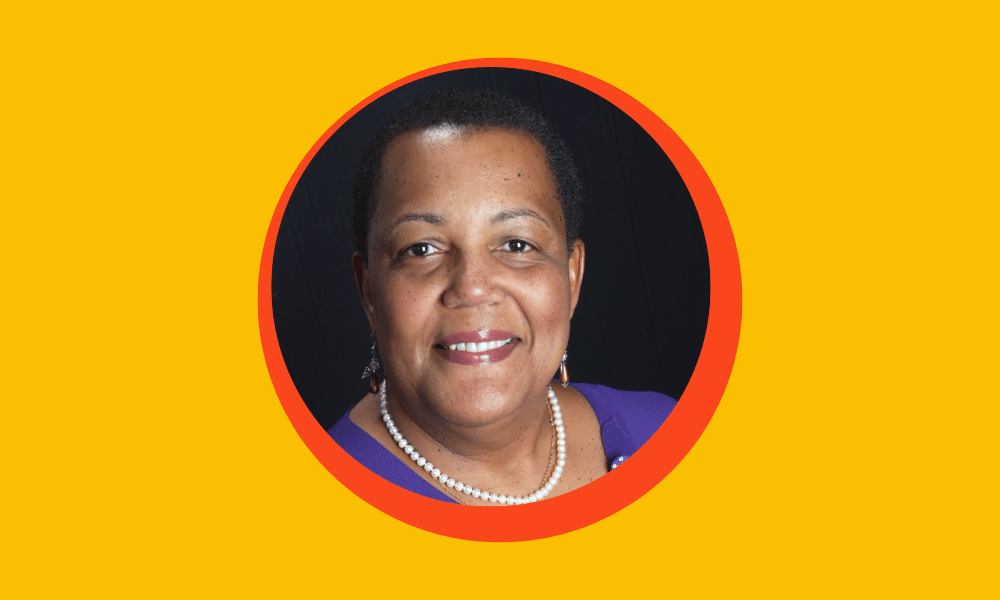Please scroll down for Spanish interpretation.
English
Processing and managing emotions is hard for even the most level-headed of us. For gifted and twice-exceptional kids and teens, dealing with “all the feels” can be exhausting. The skills needed to develop emotional regulation can be developed over time with guidance and compassion from parents. Emily Kircher-Morris will break down the 4-step process of emotional regulation so we can help our kids who are “a little bit extra” find healthy ways to manage their emotions.
About Emily
Emily Kircher-Morris, M.A., M.Ed., LPC, inspired by her own experiences as a neurodivergent person, is dedicated to destigmatizing neurodiversity and supporting neurodivergent people of all ages. She started her career in education and is now in private practice near St. Louis, Missouri as a licensed professional counselor, where she specializes in supporting gifted, twice-exceptional, and neurodivergent kids and adults (and their families).
Emily is the author of two books related to the development of children and teens who are neurodivergent and cognitively gifted. Teaching Twice-Exceptional Learners in Today’s Classroom (Free Spirit Publishing, 2021) focuses on supporting 2e learners in the educational setting, and Raising Twice-Exceptional Children: A Handbook for Parents of Neurodivergent Gifted Kids (Routledge, 01/22) is a guide for parents navigating the world of twice-exceptionality.
Emily hosts The Neurodiversity Podcast, which explores the psychological, educational, and social needs of neurodivergent people. She speaks at statewide, national, and international conferences and frequently provides virtual and in-person professional development to educators, mental health clinicians, and parents worldwide.
Links to Learn More About Emily:
Neurodiversity Podcast
Teaching Twice-Exceptional Learners in Today’s Classroom
Raising Twice-Exceptional Children: A Handbook for Parents of Neurodivergent Gifted Kids
Facilitator’s Guide
Presenter Slides
Spanish
Procesar y manejar las emociones es difícil incluso para los más sensatos de nosotros. Para los niños y adolescentes dotados y doblemente excepcionales, lidiar con “todas las sensaciones” puede ser agotador. Las habilidades necesarias para desarrollar la regulación emocional se pueden desarrollar con el tiempo con la guía y la compasión de los padres. Emily Kircher-Morris desplazará el proceso de regulación emocional de 4 pasos para que podamos ayudar a nuestros hijos que son “un poco extra” a encontrar formas saludables de manejar sus emociones.
Acerca de Emily Kircher-Morris
Emily Kircher-Morris, M.A., M.Ed., LPC, inspirada por sus propias experiencias como persona neurodivergente, se dedica a desestigmatizar la neurodiversidad y apoyar a las personas neurodivergentes de todas las edades. Comenzó su carrera en educación y ahora tiene práctica privada cerca de St. Louis, Missouri como consejera profesional licenciada, donde se especializa en apoyar a niños y adultos dotados, dos veces excepcionales y neurodivergentes (y sus familias). Emily es autora de dos libros relacionados con el desarrollo de niños y adolescentes neurodivergentes y dotados cognitivamente. Teaching Twice-Exceptional Learners in Today’s Classroom and Raising Twice-Exceptional Children: A Handbook for Parents of Neurodivergent Gifted Kids. Emily también presenta The Neurodiversity Podcast, que explora las necesidades psicológicas, educativas y sociales de las personas neurodivergentes.
Neurodiversity Podcast
Teaching Twice-Exceptional Learners in Today’s Classroom
Raising Twice-Exceptional Children: A Handbook for Parents of Neurodivergent Gifted Kids







